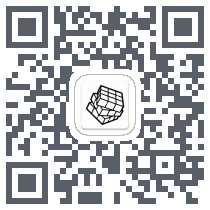NCE4L38 Water and the traveller新概念4-38水和旅行者
due to poor sanitation close to water
sources, sewage disposal into the sources
themselves, leakage of sewage into distribution
systems or contamination with industrial
or farm waste. Even if a piped water
supply is safe at its source, it is not
always safe by the time it reaches the
tap. Intermittent tap-water supplies
should be regarded as particularly suspect.
Travellers on short trips to areas with
water supplies of uncertain quality should
avoid drinking tap-water, or untreated
water from any other source. It is best
to keep to hot drinks, bottled or canned
drinks of well-known brand names--International
standards of water treatment are usually
followed at bottling plants. Carbonated
drinks are acidic, and slightly safer.
Make sure that all bottles are opened
in your presence, and that their rims
are clean and dry.
Boiling is always is a good way of treating
water. Some hotels supply boiled water
on request and this can be used for drinking,
or for brushing teeth. Portable Boiling
elements that can boil small quantities
of water are useful when the right voltage
of electricity is available. Refuse politely
any cold drink from an unknown source.
Ice is only as safe as the water from
which it is made, and should not be put
in drinks unless it is known to be safe.
Drinks can be cooled by placing them
on ice rather than adding ice to them.
Alcohol may be medical disinfectant,
but should not be relied upon to sterilize
water. Ethanol is more effective at a
concentration of 50-70 per cent; below
20 per cent, its bactericidal action is
neglible. Spirits labelled 95 proof contain
only about 47 per cent alcohol. Beware of
methylated alcohol, which is very poisonous,
and should never be added to drinking water.
If no other safe water supply can be obtained,
tap water that is too hot to touch can be
left to cool and is generally safe to drink.
Those planning a trip to remote areas, or
intending to live in countries where drinking
water is not readily available, should know
about the various possible methods for
making water safe.
RICHARD DAWOOD Travellers' Health




